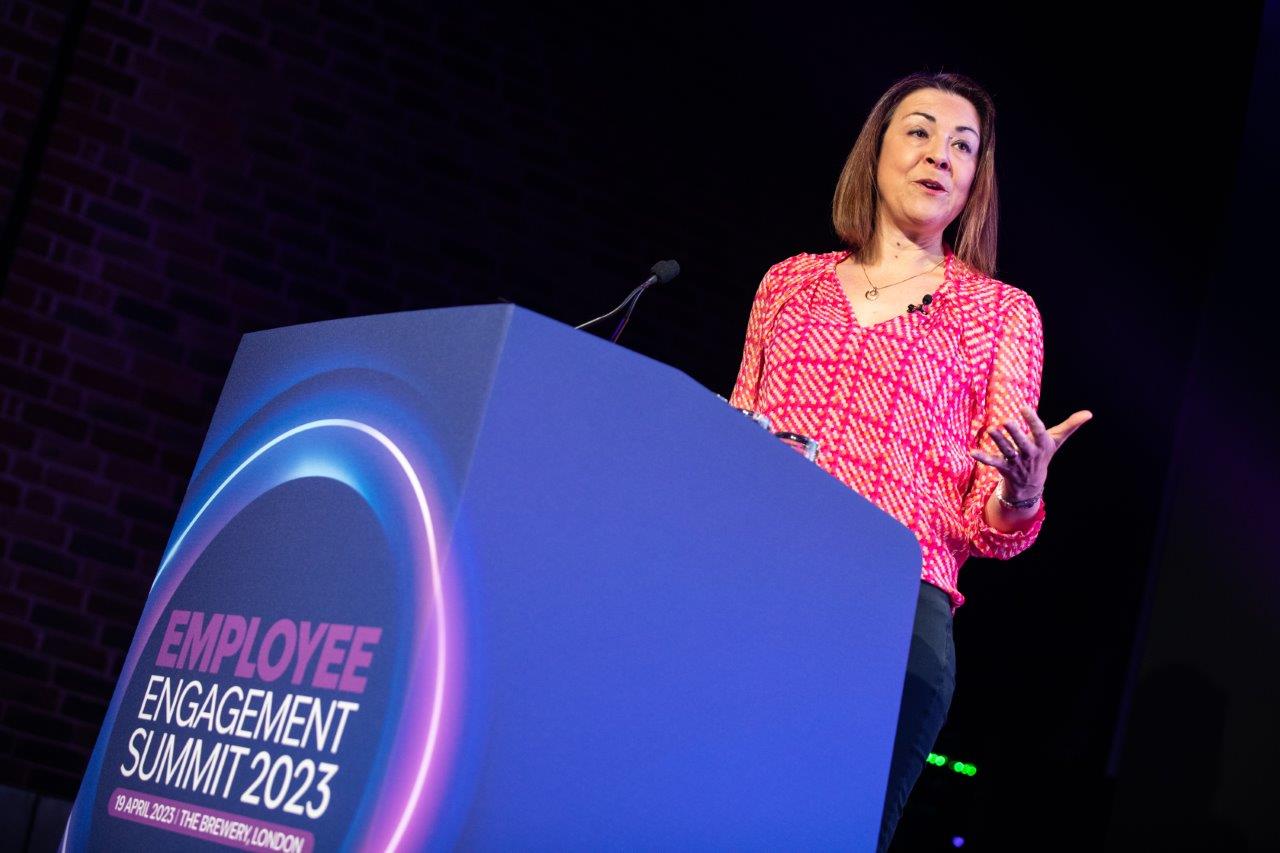Should We Still Have Diversity Quotas In 2024?

By Kayleigh Graham, Head of Partnerships and Growth at Telleroo
Diversity is important. There are countless articles and studies looking at the benefits of cognitive diversity within businesses. But how do we track and measure that change?
Diversity quotas are one of the strategies that businesses can and do use to set a requirement for a certain number of employees to be from a certain demographic/minority group. But the nature of a diversity quota, which requires people to be quantified based on their identities, raises some important questions.
Are these quotas introduced because of a genuine desire to diversify a workforce? Or is it merely a ploy to appear to be ‘doing the right thing'?
WHAT ARE THE PROS?
“It’s better than doing nothing.”
The age-old argument that some action is better than no action at all. As much as organic change is welcome and is great to see, many feel it just is not enough.
NatWest Group PLC came out in 2020 in support of the Black Lives Matter movement, and refined its diversity targets and stated its aim to have 3% Black representation in its senior UK management positions by 2025. Some criticised them and said the target was too low and that they should be doing more – but at least it’s a start!
“If you cannot measure it, you cannot improve it.” – Lord Kevin
This raises an interesting point – particularly in the accounting and finance industry. If you make someone responsible and accountable to a number, they will generally work hard to deliver and improve on that metric consistently. We track revenue, profit, efficiency, time, so why not diversity?
Even proponents of quotas tend to agree that they have their flaws, but the benefits of change outweigh the imperfections of the method. In an interview for the ICAEW’s report on diversity, one accounting firm partner said “I don’t want quotas but almost if you don’t have a target, then you’re not going to achieve anything” – and I think that captures many people's thoughts.
There is evidence that shows introducing and enforcing quotas can work. In places like Norway, there is legislation in place for quotas and, as a result, 40% of board members are female.
“The trickle down effect”
Beginning with diversity quotas will ensure that there are more diverse people progressing in practices. Those minorities are much more likely to champion people like themselves.
Senior women are likely to mentor more junior women and help equip them for more senior roles which should, in time, result in more and more organic diversity across the business. Diversity quotas can act as a springboard for cultural change that can help foster the change we need to see.
WHY DON’T WE ALL HAVE DIVERSITY QUOTAS THEN?
Unfortunately, it’s not that simple. Whilst they can be a great tool to instigate change, they definitely have their drawbacks.
One of the really interesting things I have observed is that, when questioned about diversity quotas, respondents become visibly anxious and uncomfortable – and that’s just it. Diversity quotas can and often do invoke a negative reaction in many people.
Merit v ability
Gender quotas for example call into question every female employee that is hired or promoted. Was it because of ability and being genuinely the best person for the job. Or was it because she’s a woman?
A senior manager at one of the Big Four accounting firms discussed going for a promotion: “I’m worried that if I go – I don’t want to get promoted because I’m a woman.” This causes a real conflict because the same quota introduced to support a minority can be detrimental and make them overlooked in many settings and seen merely as a ‘token’ employee to fill said quota.
Further division and resentment
The flip side of the above is that those outside the minority group may feel like those within it are party to some kind of special treatment and that it’s unfair they have been hired/received a promotion based on their diverse identity. This should not be the case and hires/promotions should always be made on merit. However, it may seem that way to some people and this can create a cultural issue within a business.
Ultimately, both points highlight the need for change in a firm to be authentic, and for diversity and the belief in its purpose and benefits to be embedded in the core culture of the firm and its people. Inauthentic attempts to diversify will be easy to spot and will undoubtedly provoke the negative feelings described.
DIVERSITY QUOTAS FOR 2024: YES OR NO?
Diversity quotas can be divisive, provoke negative emotions and be hard to get buy-in for. They are also a great tool for introducing accountability as well as igniting and expediting the rate of change.
Diversity quotas are definitely not the solution but they’re a great place to start.
About the author
Kayleigh is the Head of Partnerships & Growth at Telleroo, a fintech company that specialises in automating supplier and payroll payments. With her extensive knowledge of the accounting and finance sectors, Kayleigh has become a well-respected thought leader in the field and regularly shares her insights and expertise through her columns and speaking engagements. Whether discussing industry trends, offering advice on best practices, or advocating for greater diversity and inclusivity, Kayleigh’s contributions continue to have a significant impact on the accounting/accountech space.
 Kayleigh Graham, Head of Partnerships and Growth at Telleroo
Kayleigh Graham, Head of Partnerships and Growth at Telleroo




